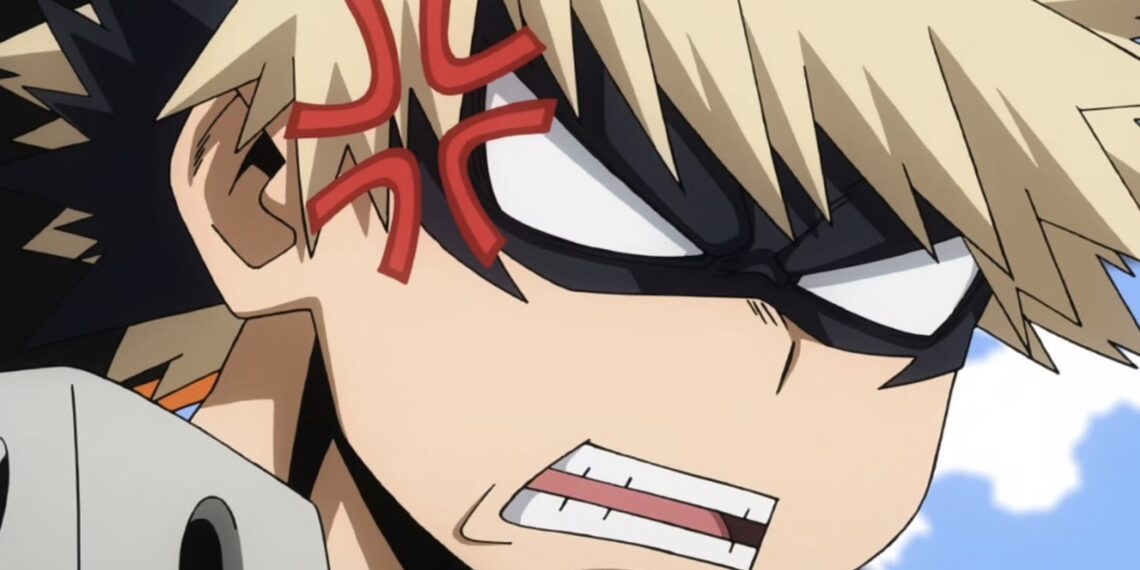My Hero Academia is centered around a group of aspiring young heroes at a special academy for those with superpowers, or “Quirks” as they are known in this world.
The most prominent character we follow is Midoriya Izuku, an initially Quirkless boy who, through his courage and heroic spirit, manages to impress the legendary hero All Might.
All Might then chooses to pass on his powers to Izuku, allowing the boy to enroll in the academy and begin his journey to become a professional superhero.
However, while Izuku may seem to be the clear protagonist, there is a case to be made that his old bully-turned-rival Katsuki Bakugo, is equally positioned as a central character.
Despite his aggressive personality, Bakugo has tremendous natural talent and constantly drives himself to improve through intense training.
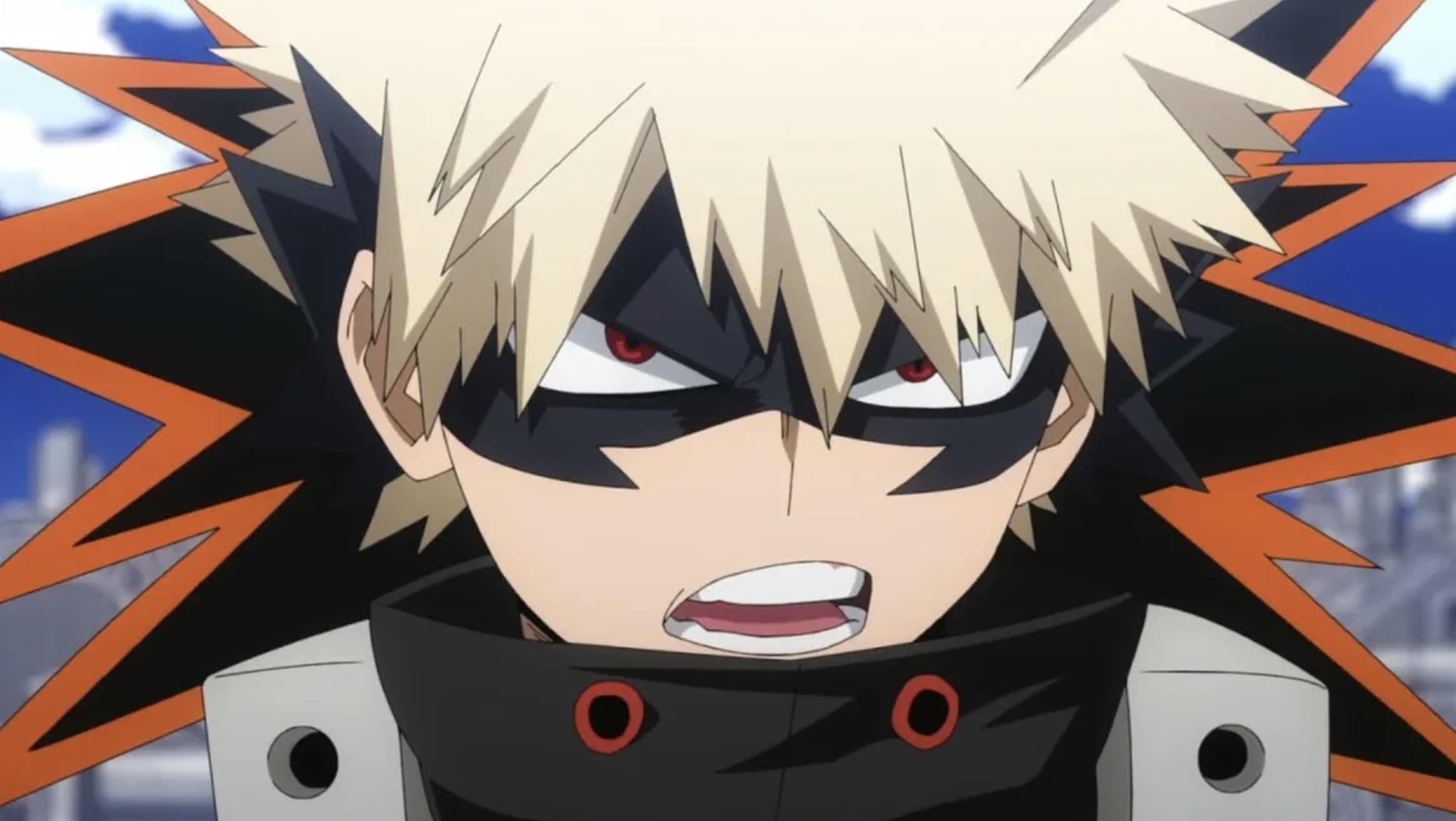
So, while the compassionate Izuku represents the ideal mentality of a hero, the fiercely determined Bakugo exemplifies the sheer power and skill most look for in their fictional heroes.
Ultimately, both have compelling narratives of ambition and personal growth within this superhero academy setting.
5 Reasons Why Bakugo Could Be The Main Protagonist Of My Hero Academia
Here are the five reasons why Bokugo could be the main character of My Hero Academia instead of Izuku Midoriya.
5. The Explosive Force of Distinctive Design and Unbridled Passion
Bakugo has an incredibly distinctive and memorable character design. With his spiky ash-blond hair, sharp red eyes, and explosive personality, he stands out even among the vibrant and varied cast of My Hero Academia.
His look encapsulates the edgy, punk-rock aesthetic that Shonen Jump manga has become known for since the early days of smash-hits like Dragon Ball.
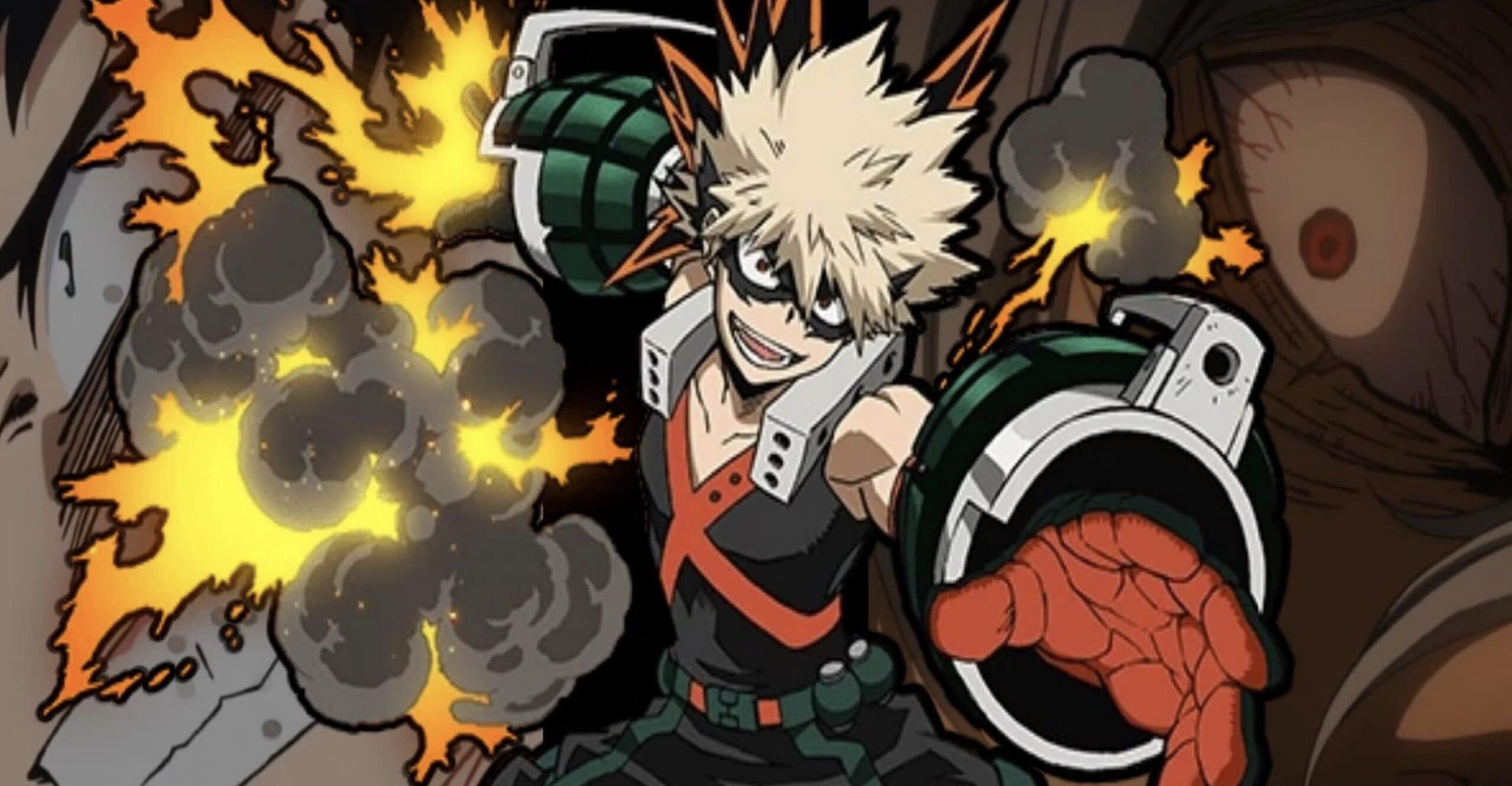
Equally impossible to ignore is Bakugo’s forceful and passionate personality. He expresses himself loudly and without restraint, often delivering powerful speeches full of intensity. His explosive emotionality makes him an electric presence whenever he’s on screen.
Bakugo’s Quirk power, which allows him to secrete nitroglycerin-like sweat from his palms and detonate it at will, is the perfect reflection of his personality.
It also leads to fight scenes, which are always exciting and clever, as he can use his explosions for everything from pure destruction to artful maneuverability.
The versatility of his power, combined with his aggressive, relentless approach to combat, makes every Bakugo action sequence a thrill to watch.
4. Bakugo vs. Deku
Though Deku fills the typical Shonen protagonist role of an underdog hero in training, his personal arc is not as multilayered as some other characters.
His sole driving motivation is to become the number one hero by tirelessly improving his Quirk. This straight and narrow characterization, while inspiring, does not allow for much-nuanced development.
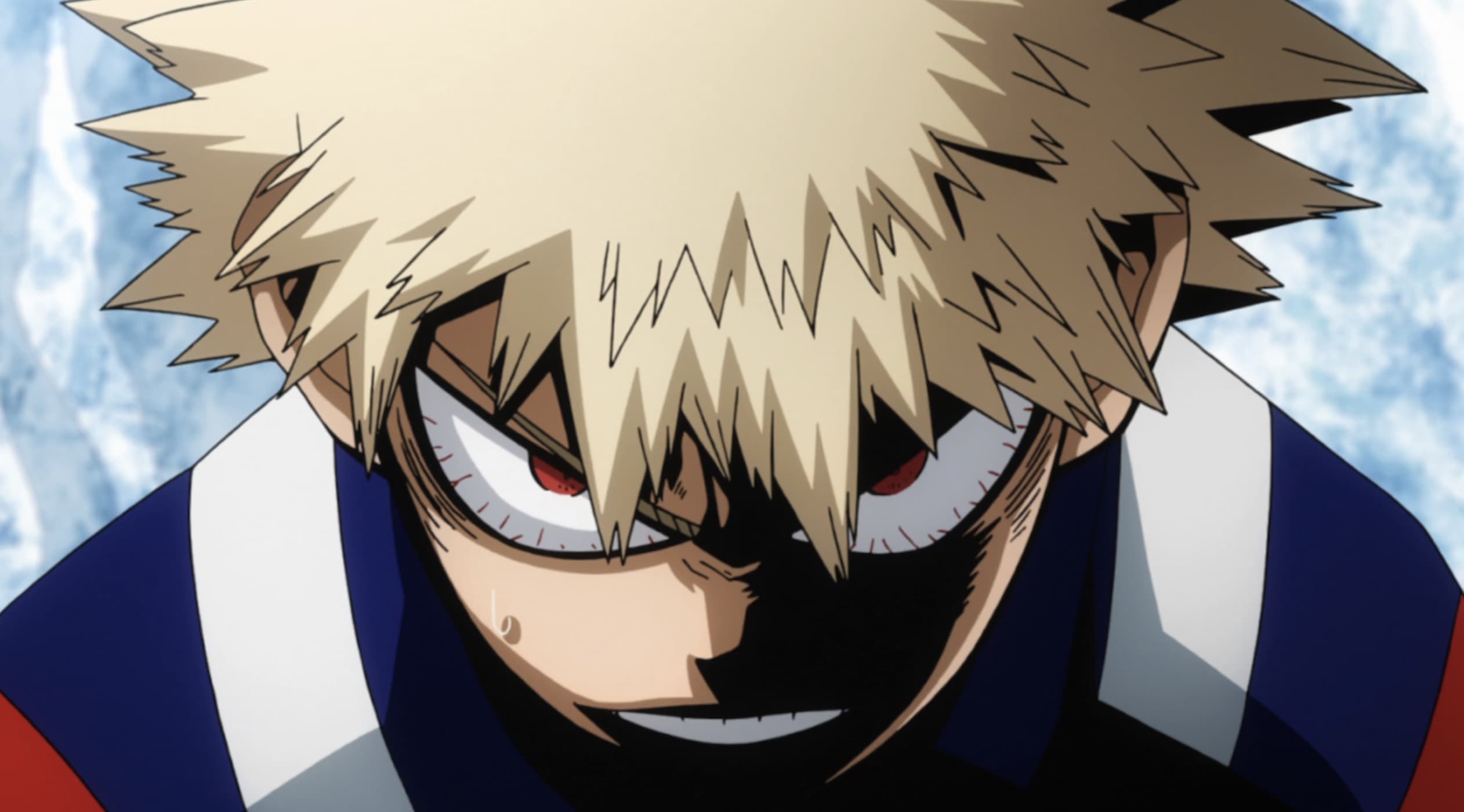
In contrast, Bakugo follows a more compelling coming-of-age journey. While also aspiring to the top spot among heroes, Bakugo must confront deep-rooted emotional issues and flaws in his abrasive, isolated personality.
Becoming stronger physically is not enough; he must grow as a person by learning to cooperate with others through understanding and humility.
Bakugo’s inner conflicts make him psychologically intriguing as a central figure. His path to maturation and self-improvement parallels the physical battles he faces.
In this way, analyzing Bakugo’s motivations and personal demons provides a more thought-provoking character study than Deku’s simple narrative of courageous perseverance against the odds.
As the deuteragonist, Bakugo offers the more multifaceted bildungsroman in My Hero Academia.
3. Examining Independence and Achievement
Izuku’s achievements rely heavily on others’ guidance and abilities rather than his own independent growth. While relationships and teamwork are important themes, this undercuts the agency of his progress.
Everything valuable seems merely handed to him—an already formidable Quirk from All Might, training from previous top heroes Gran Torino and Sir Nighteye, borrowing special techniques developed by classmates.
Although benefiting from this network appears uplifting, it diminishes Izuku’s ownership of his accomplishments.
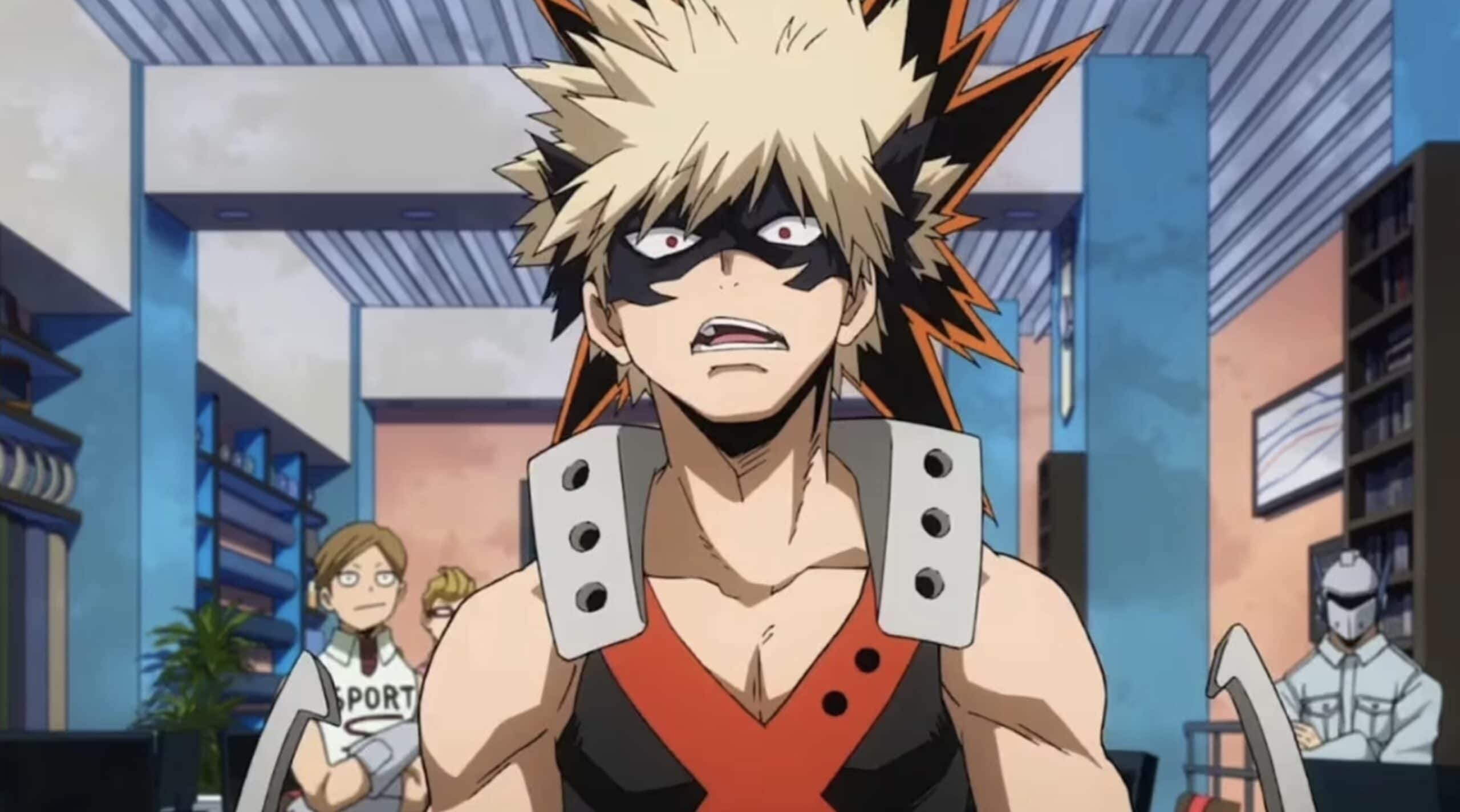
By contrast, Bakugo fiercely demands personal responsibility. He builds new skills through solo experimentation, learns core principles alone, and outranks even Izuku in grades through his own studiousness.
Bakugo emotionally distances himself from others yet remains determinedly self-sufficient. His advancements, though isolated, feel completely his own. Izuku’s reliance on myriad mentors arguably renders his triumphs less earned than Bakugo’s slow, solo climb upwards, relying solely on his own sweat and tears.
While a message of community bettering the individual resounds positively at first, in terms of narrative tension and earned character development, Bakugo’s path holds greater weight and interest.
2. The Inherent Power and Competency That Defines True Heroism
While Izuku’s journey of development holds appeal, in a hero society, sheer strength and competency define reliability and trustworthiness.
Though Izuku passes UA’s formal benchmarks and handles villain encounters, doubts linger over his self-sufficiency. He lacks Bakugo’s innate combat sensibilities that tacitly signal dependability.
Protagonists tend towards underpowering to better showcase perseverant struggle. However, Bakugo bucks conventions with his domineering power and tactical instincts that belie his youth.
His commanding presence during a crisis evokes others’ confidence in his capabilities. Where Izuku elicits protection, Bakugo compels faith in his self-surety.
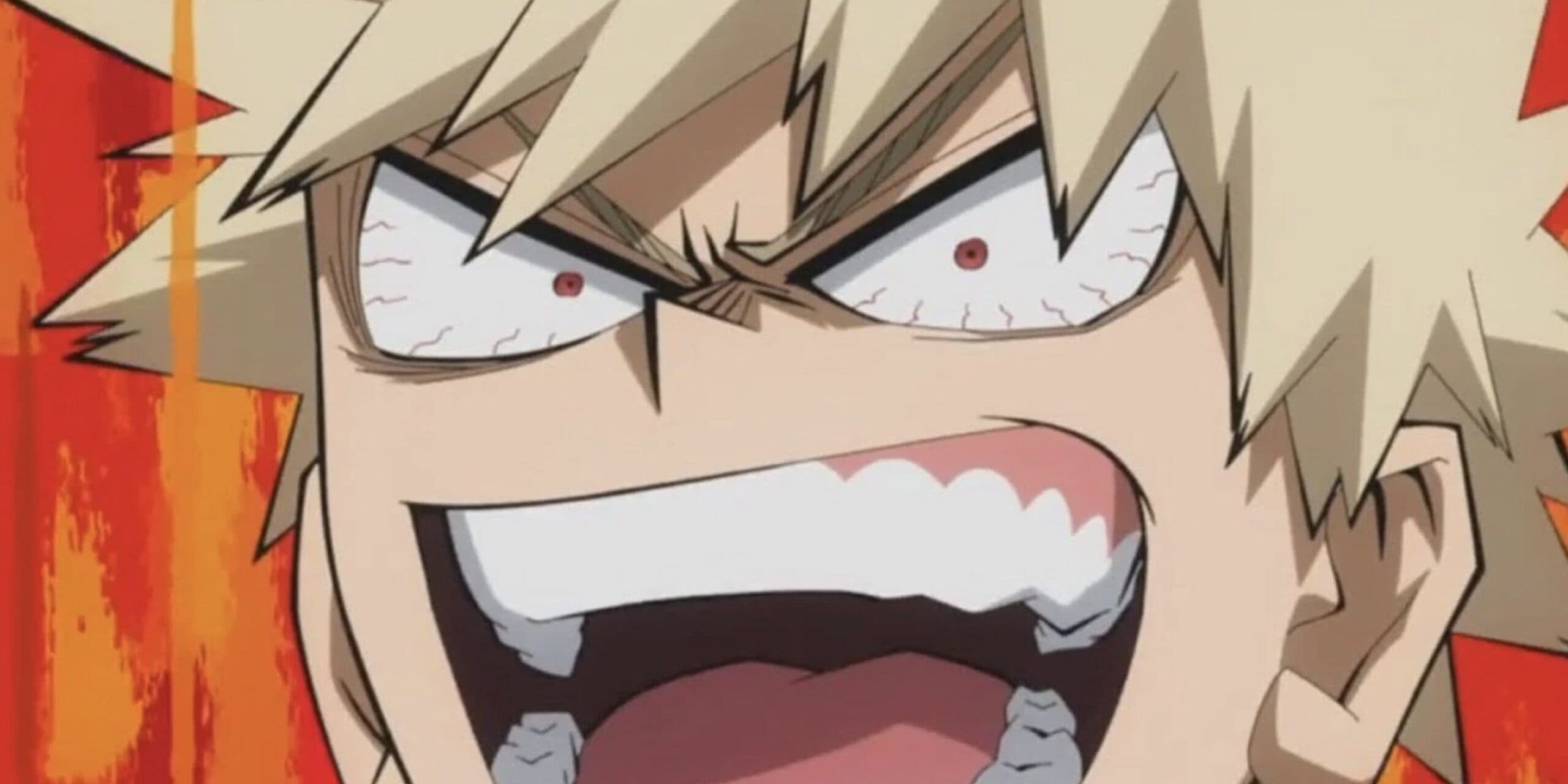
Izuku has proven his mettle but cannot match Bakugo’s intrinsically superior mastery that cements his status among peers. Much as Vegeta underscores Goku’s journey, Bakugo’s prodigious talent contrasts Izuku’s dogged efforts to catch up rather than surpass.
This narrative device emphasizes the greater innate gifts of the deuteragonist over My Hero Academy’s earnest but ever-striving protagonist.
While Izuku’s development continues, Bakugo inherently possesses the strengths expected in singularly outstanding heroes who set the gold standard.
This exemplary model of power and competency makes Bakugo the character others place utmost belief in during the hero world’s direst straits.
1. The Unyielding Confidence and Decisiveness That Sets Him Apart
Izuku’s tearful sensitivity endears him to fans who feel protected by his gentle nature. However, this perceived fragility undercuts his reliability as a hero that others can lean on. People connect with vulnerability but seldom view it as a leadership quality.
Conversely, Bakugo charges ahead with steely confidence even in unfamiliar situations. His commanding presence dominated his and Izuku’s childhood, and now he spearheads Class 1-A through his talents and blunt, decisive communication style.
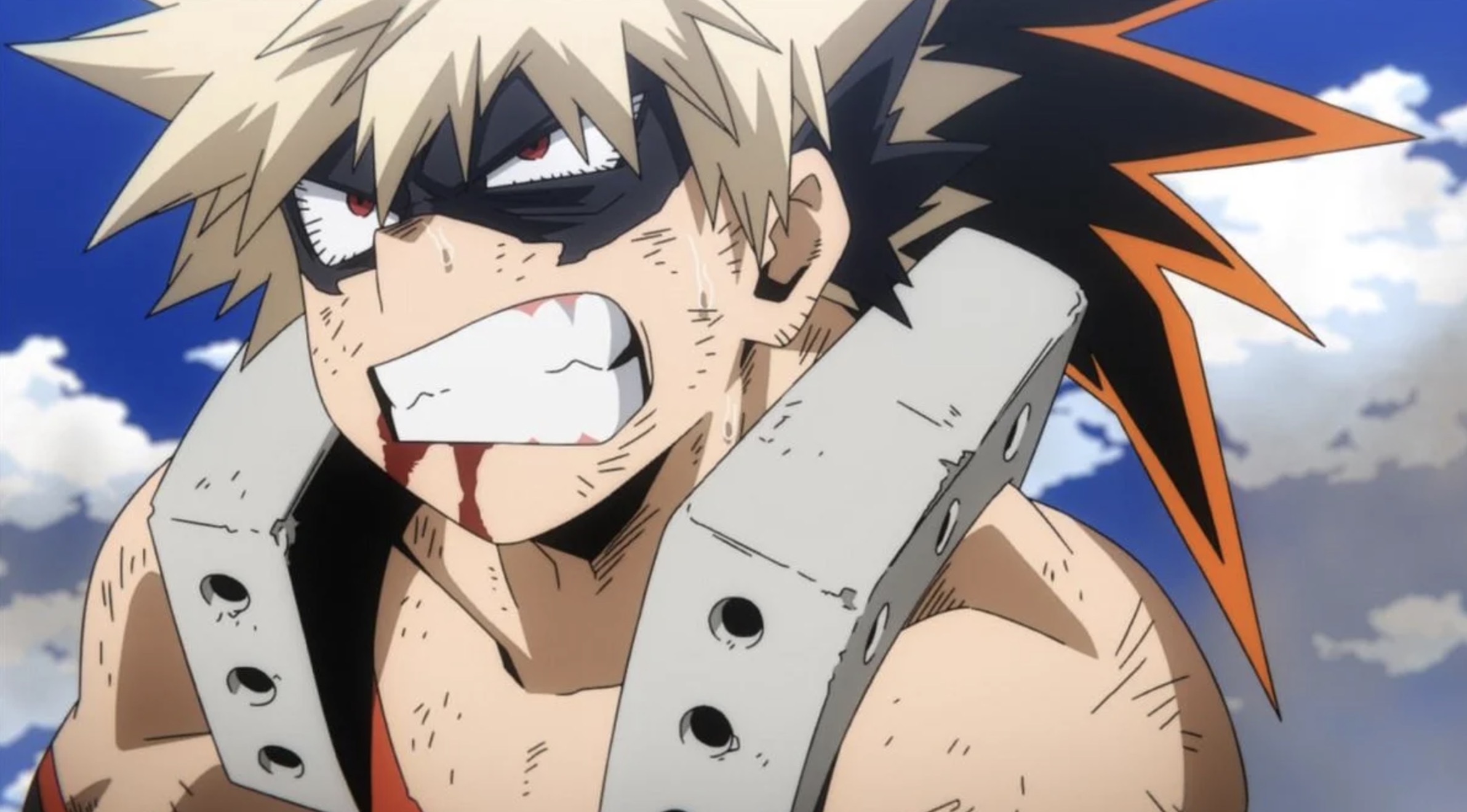
While Bakugo’s coarse attitude repels some, his uncompromising boldness instills confidence and decisiveness when stakes run high. He never falters or second-guesses; instead, he assesses and acts with lightning speed.
Izuku’s sympathetic traits garner emotional investment and a desire to shelter him. Yet in the hero world, Bakugo’s rugged self-assurance and grace under pressure cement him as the character to emulate and rely on during a crisis.
Fans may wish to comfort Izuku but will turn to Bakugo for direction and protection when truly needing a stalwart hero. His strength and certitude simply better represent the qualities of natural leadership.
5 Reasons Why Bakugo Could Never Be The Main Protagonist Of My Hero Academia
Here are the five reasons why Bakugo could never be the main character of the series like Midoriya.
5. Defying Shonen Norms with Quiet Resolve
Bakugo aligns with the prototypical brash, fiery-spirited shonen protagonist epitomized by the likes of Naruto or Black Clover’s Asta.
However, while strongly characterized, this familiar archetype fails to distinguish My Hero Academia. In contrast, Izuku’s inversion of standard traits makes him and the show stand out.
Whereas Bakugo screams his ambitions, Izuku carefully whispers his dreams. Izuku’s reserved temperament and nervous disposition dispel expectations for a bold, cocksure hero-in-training.
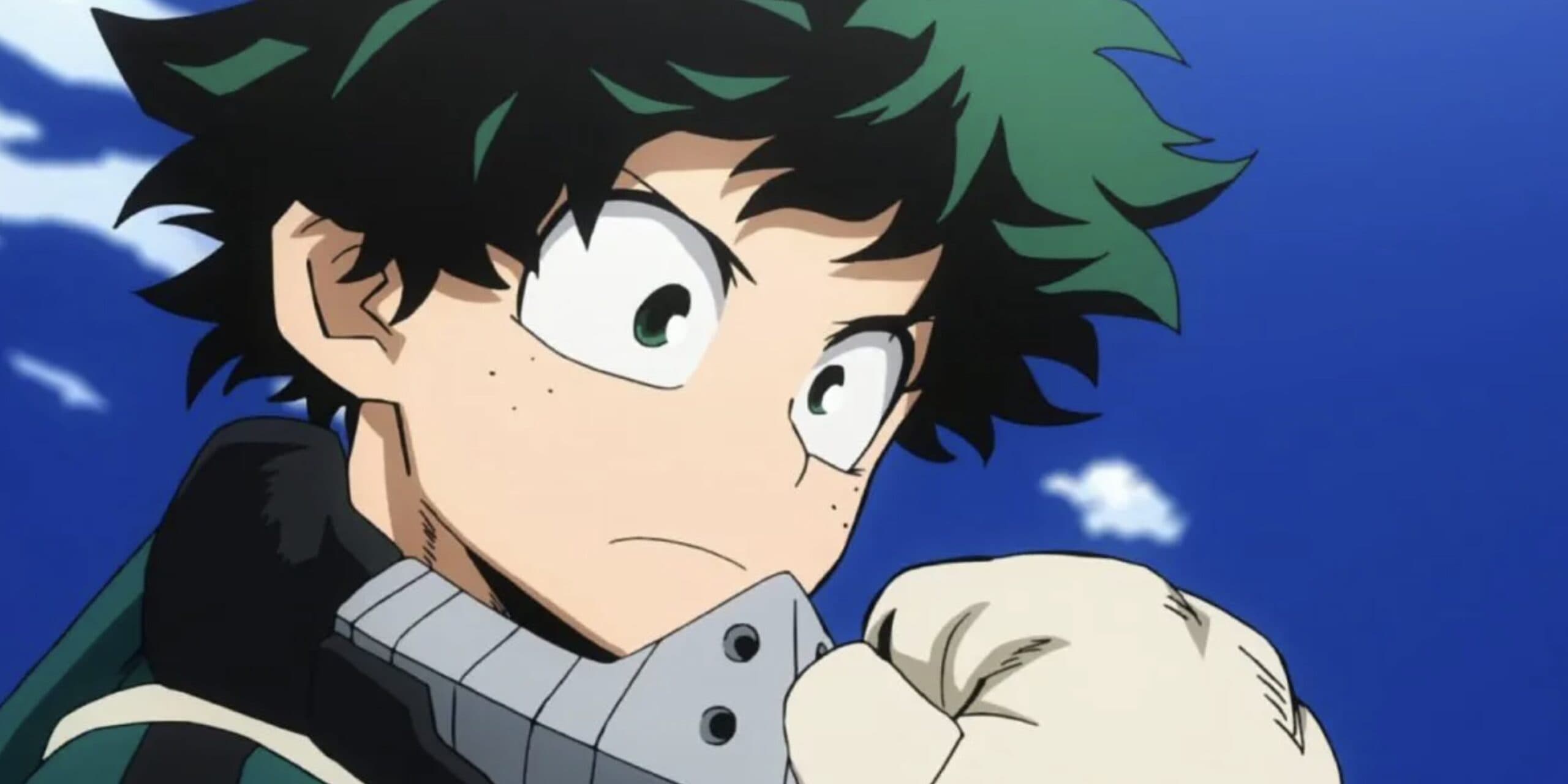
With his gentle voice, anxious habits, and classically bookish qualities, he seems more akin to a wallflower than a warrior.
This purposeful contrast from genre tropes highlights Izuku’s originality as a protagonist. His timidity also magnifies each hard-won accomplishment on his hero’s journey.
Through defiantly defying assumptions for a shonen lead, Izuku’s character formation uniquely spotlights him as the symbolic core of My Hero Academia.
He provides a quieter but resonant new perspective that diverges from the norm to compellingly refresh overdone hero themes.
4. The Compelling Underdog Journey and Emotional Connection
Character dramas can be entertaining, but underdog stories seem to resonate more with audiences. Bakugo is depicted as naturally strong and powerful from the start, which reduces the suspense and surprise in his fight scenes.
On the other hand, Izuku begins as weak and vulnerable, almost like a “glass cannon.” This allows a sense of peril to permeate his journey, keeping things compelling.
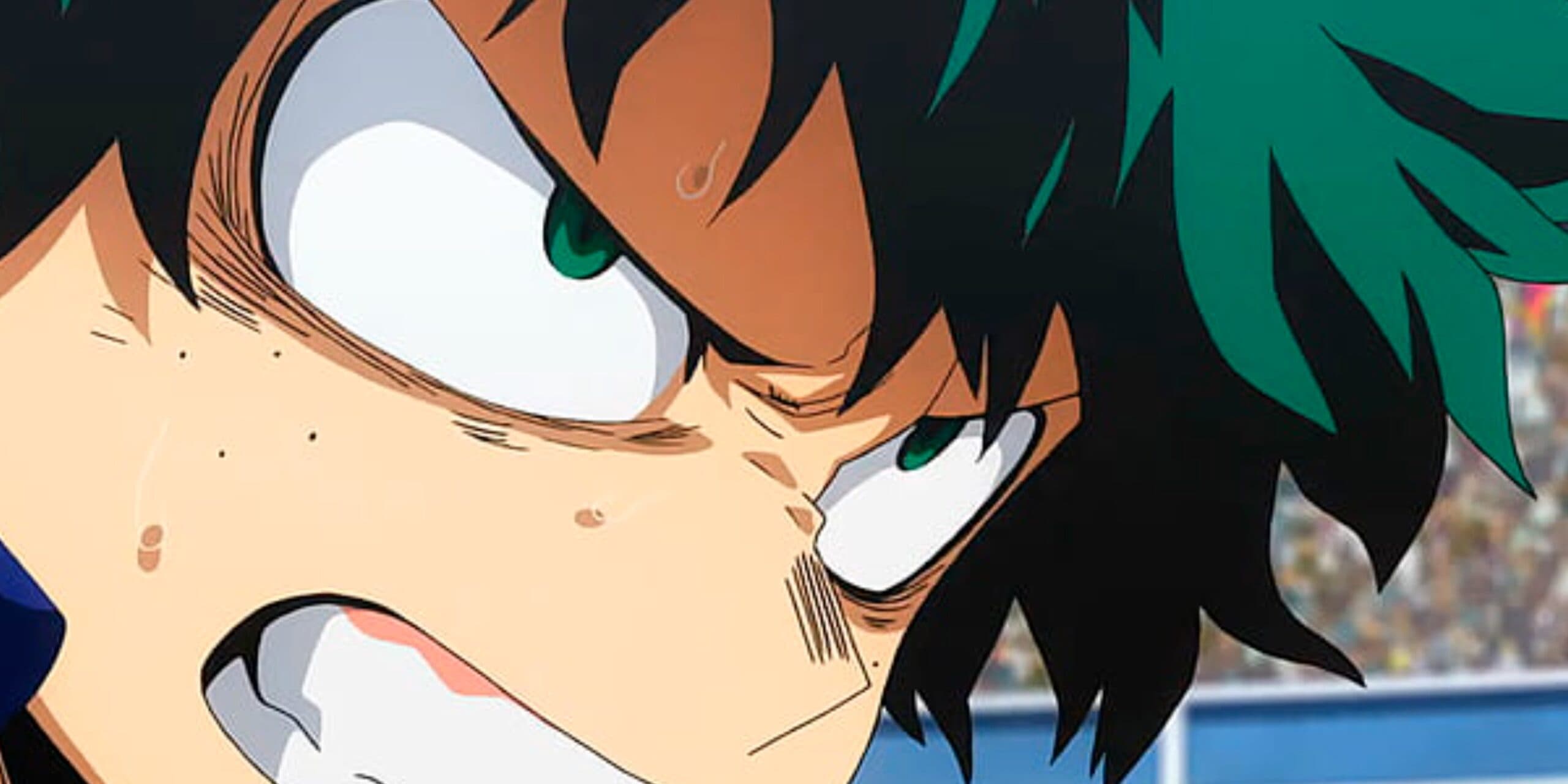
His gradual, step-by-step growth enables viewers to truly appreciate and connect with each small improvement and victory he manages to scrape by.
Where Bakugo’s wins feel expected due to his advantages, Izuku’s wins feel more hard-earned and uplifting.
Audiences tend to root for and invest themselves in underdogs who claw their way up despite the odds. Izuku elicits that emotional connection and satisfaction in a way Bakugo likely can’t by embodying the thrilling, perilous climb from nobody to hero.
3. Izuku Midoriya and the Legacy of One For All
There’s power in unity, as they say. An individual can accomplish great feats, but a collective effort compounds abilities to reach even greater heights. This theme of unified strength lies at the heart of Izuku’s One For All Quirk.
He inherited this power from the legendary Symbol of Peace, All Might, and now shoulders the monumental task of living up to that mantle.
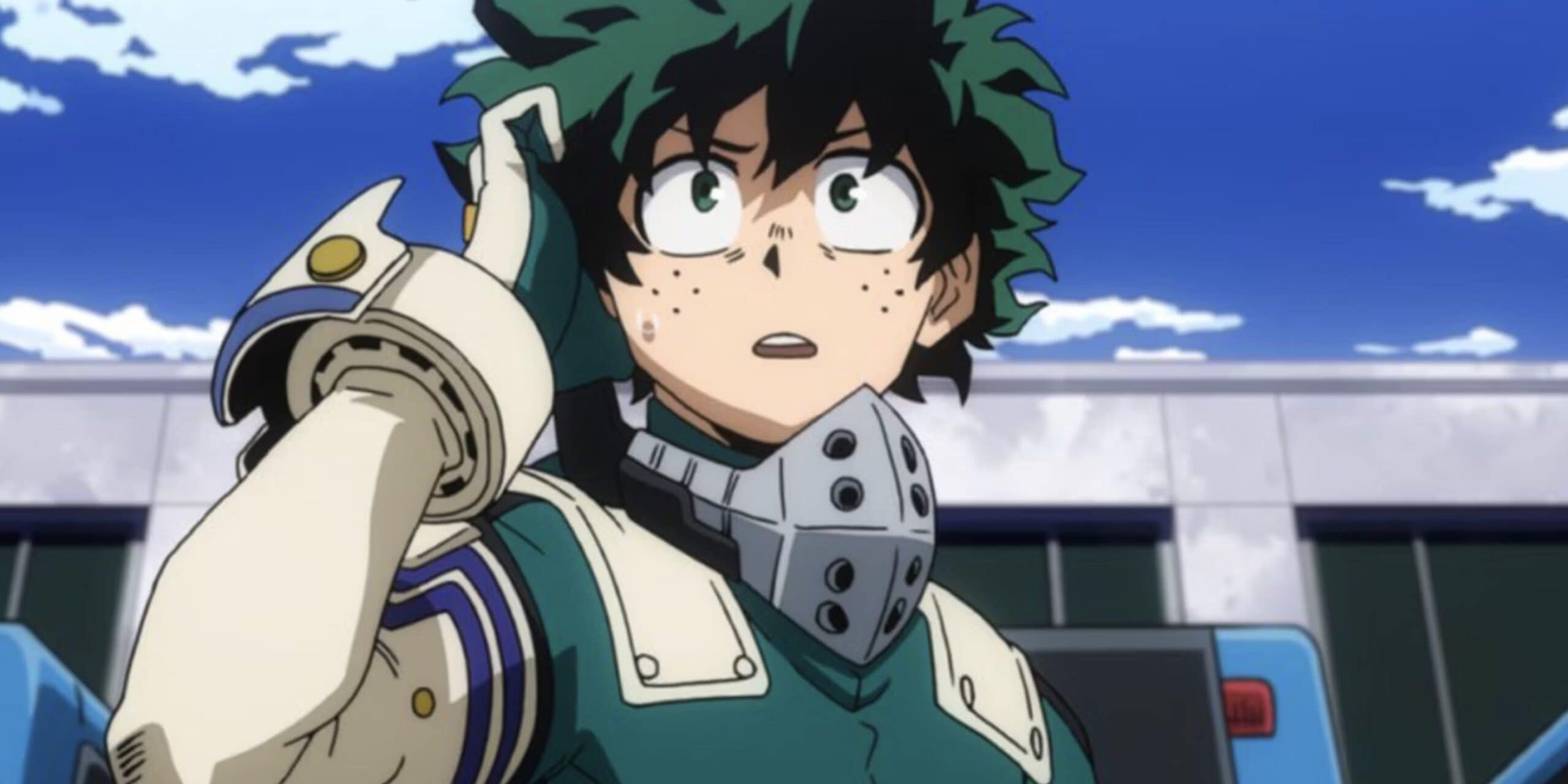
One For All itself accumulates the might of every past wielder over generations, originally created to defeat the sinister All For One. It carries a weighty legacy that makes Izuku’s role feel like that of a “chosen one” preordained by destiny.
By taking up this burgeoning collective power passed down through time, Izuku steps into a long, unfolding narrative much bigger than himself.
The rich backstory behind One For All amplifies his own underdog tale, casting him as the inheritor of an epic, community-driven mission to defeat evil and protect the innocent.
His individual growth feels profoundly intertwined with the progress of the heroes that came before.
2. The Power of Personality in Shaping Public Perception of Heroes
While undoubtedly powerful, Bakugo’s abrasive behavior could discourage people from wanting his help.
Parents may desire rescue for their children, but not from someone liable to frighten or coarsely influence them.
Bakugo’s vulgarity literally deprived him of supporters and internships despite winning the Sports Festival.
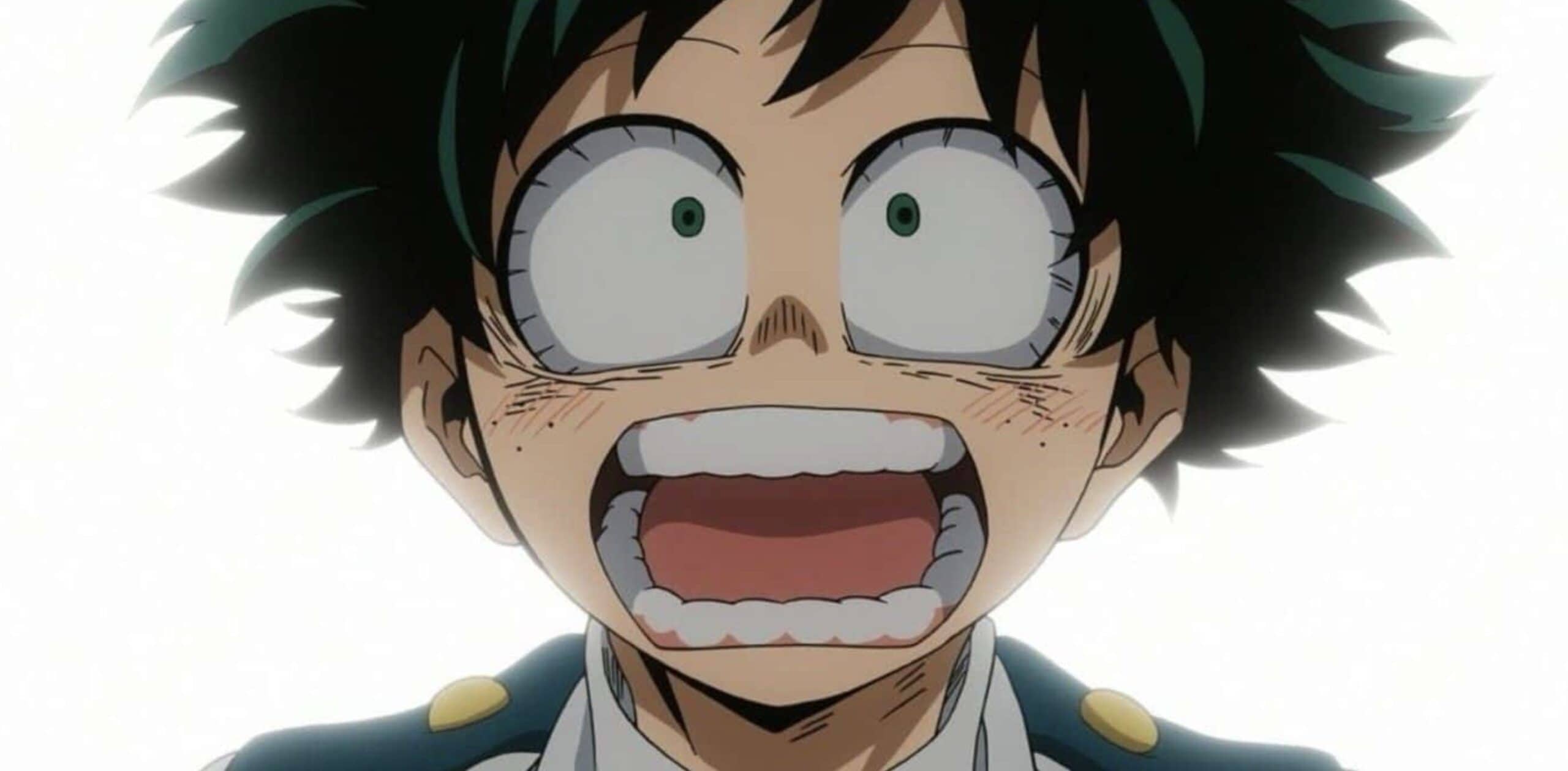
Conversely, Izuku exudes cheerfulness while modeling admirable qualities – perseverance, camaraderie, and compassion. He strives to befriend rivals and uplift spirits with kind words. This renders him an inspirational role model, garnering immense respect.
Ultimately, Izuku’s warmth makes him the preferable face representing heroes to the public.
Where Bakugo repels, Izuku draws people in. While one intimidates, the other comforts. So, though both are formidably skilled, Izuku’s heroism shines through his personality too – he’d be the one children feel safest embracing as their rescuer.
His balance of strength and kindness nurtures public admiration in a way Bakugo likely can’t emulate.
1. The Heart of Friendship and Teamwork
Though destiny may have charted Izuku’s hero path via One For All’s legacy, his bonds of friendship have fueled his progress every step of the way.
Like classic Shonen heroes, he draws strength from camaraderie. Nearly every challenge has seen him unite with allies perfectly suited to bring out his best.
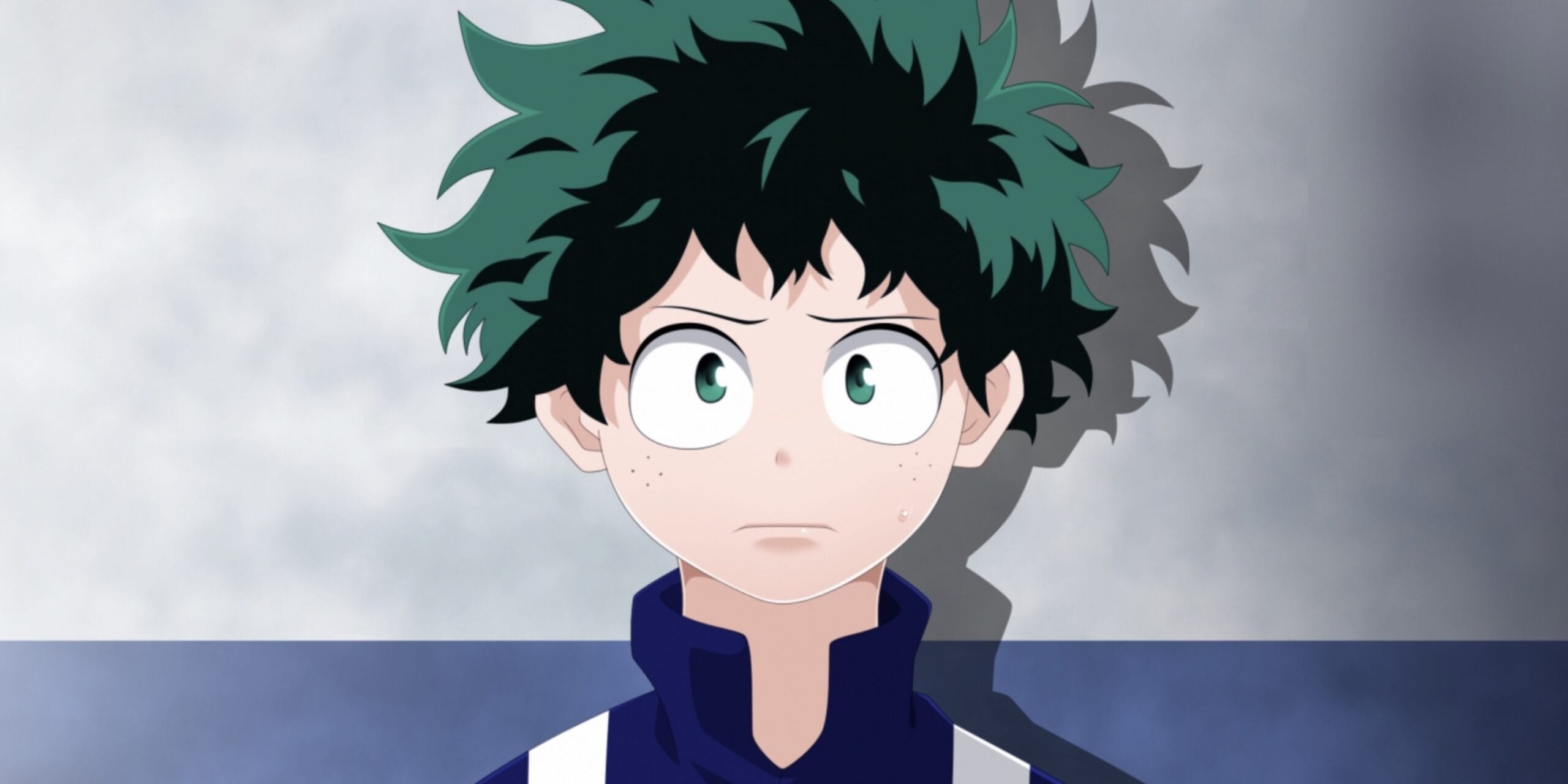
From gaining acceptance to the U.A. and conquering the Sports Festival to passing exams and rescuing Eri – Izuku has thrived while working in tandem with others.
He epitomizes the power of trust, teamwork, and support systems to uplift individuals toward success. This resonates with fans who also long for such motivational, synergistic bonds.
Unlike the lone-wolf Bakugo, Izuku keenly understands, inherits, and exemplifies the spirit of collaboration underpinning One For All itself.
This, above all, nurtures his growth beyond expectations for someone of his once-Quirkless status. It is the ultimate source of his escalating heroism, cementing his centrality as a beloved icon of friendship triumphing against the odds.
More About My Hero Academia
Izuku Midoriya dreams of being a superhero despite his childhood friend Bakugo tormenting him for having no powers. But when All Might, the #1 hero, deems quirkless Izuku worthy of inheriting his spectacular strength-stockpiling Quirk “One For All,” Izuku’s destiny transforms overnight.
He enrolls alongside Bakugo in U.A. High – the premiere hero academy – ready to train towards succeeding All Might, whose mortal injury came at the hands of his nemesis All For One.
This sinister foe steals and bestows Quirks to further his criminal empire.
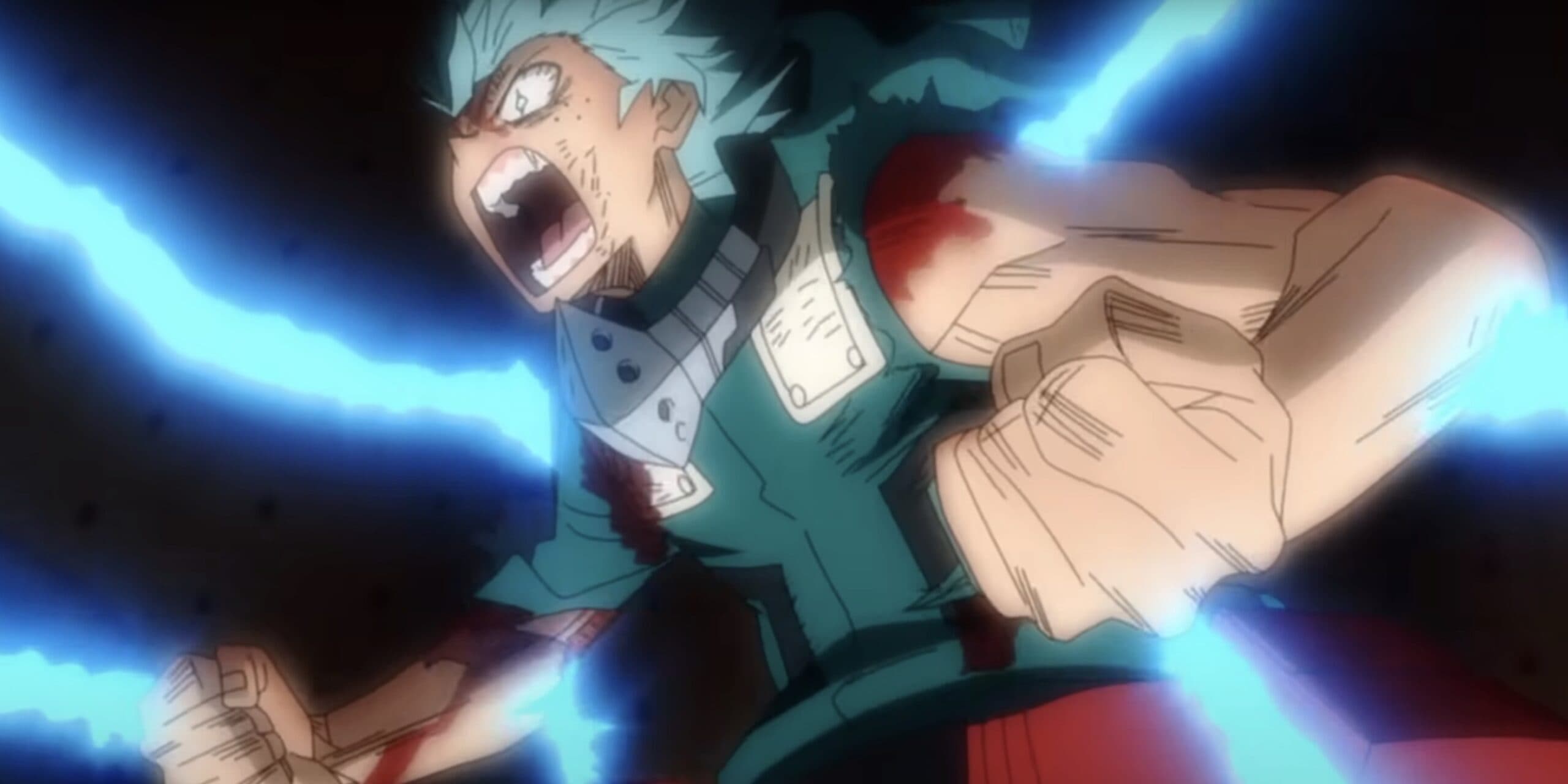
In their first year, Izuku and his classmates confront All For One’s disciple – League of Villains leader Tomura, who is set on destroying hero society using augmented “Nomu” monsters.
Suspicion of a U.A. traitor surfaces, too, when the League reveals inside knowledge, prompting wariness within the school.
Despite his underdog start, the torch now passes to successor Izuku, gifted with All Might’s powerful stockpiled Quirk to chart his own legend protecting the innocent from villains.
But forged destinies and school rivalries must temporarily abate to uncover the secrets and traitor eroding U.A.’s strongholds from within.

